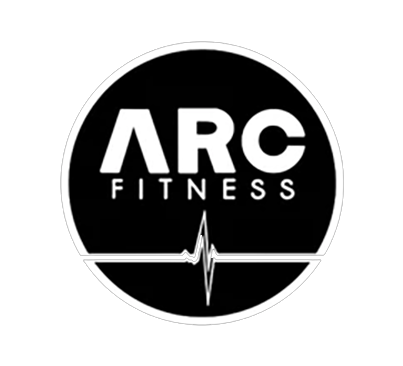No products in the basket.
Arc Fitness, Uncategorized
Addressing the Bigger picture. Recovery vs Detox.
Addressing the Bigger picture.
Recovery vs Detox
I have learnt many things on the road to recovery and one of the most important is this:
“Sobriety is very different to Recovery”
Sobriety is like the starting blocks in an 100m race. Once it is secure, it gives the runner the best possible start. If this wasn’t the case, the runner would slip and fall flat on their face. It’s the same in recovery.
While achieving freedom from drug/ alcohol use starts with cleansing the body through a period of detox, it’s important to realise that detoxification is not treatment or a cure. Anyone can get clean in the right environment if you remove the ‘means’ – staying there is the difficult part.
Many people don’t realise that merely surviving withdrawal is not enough to overcome the actual psychological dependency. They get stuck; they detox; use again; detox; enter a programme; use again; seek help. This cycle continues because most people are not able to go forward with their life without a significant level of help and support that is required following detox. I got sober loads of times however I didn’t begin recovery until I looked at the bigger picture.
When the goal is achieving freedom from drug / alcohol dependence, detoxification is not the solution. It Stops Short of The Goal. You also need a solid recovery programme.
A solid Recovery Programme restores Health & Wellness.
Removing the substance is not enough to support a healthy lifestyle. While detox is designed to rid the body of alcohol, various supports in recovery are needed to fill the body with new skills; coping techniques and knowledge that will help someone successfully navigate life.
Consider the following:
Cognitive Behavioural Therapy (CBT)
This is helpful for recognising distorted and negative thinking patterns, developing self-confidence, gaining a better understanding of what motivates certain behaviour and for learning coping mechanisms to replace old responses to stressful events.
It can help individuals explore what led them to this point in their life, highlight their personal strengths and weaknesses and identify potential relapse triggers (I was lucky enough to marry a CBT therapist – I highly recommend it if you want to feel challenged and experience regular personal growth J).
Alternative (Complementary) Therapy
Individuals in recovery are encouraged to use dance, yoga, mindfulness activities, and other expressive therapies to get in touch with their inner feelings and share their experiences with others.
Exercise programmes
Whatever this is running, walking, weight training cycling or communing with nature, physical fitness activities help restore the body, strengthening muscles and bones to carry one through recovery and beyond (I highly recommend the ARC Fitness 6 Week Recovery Programme if I’m honest!).
In short, detox alone is not an effective treatment for addiction, rather it is one stone on the path to recovery, albeit a very important first step.
Detox doesn’t teach life skills or address the physical and psychological aspects of dependence however, once the substances are completely out of the body, individuals are better equipped to implement a solid recovery strategy.
Address the bigger picture!
